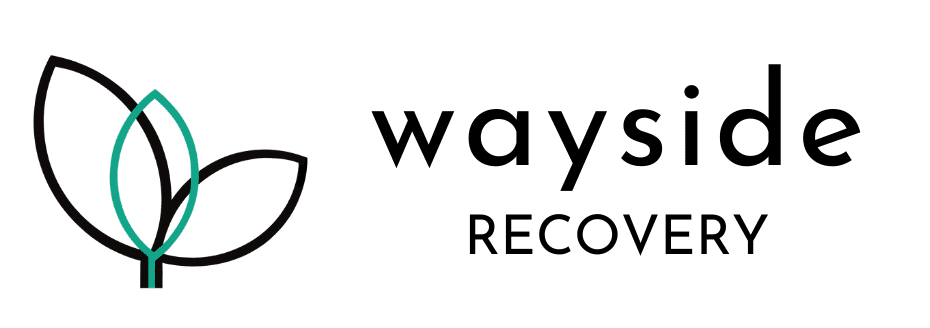
There’s no question that substance use disorders are equally harmful for both men and women. Yet the factors that lead to chemical dependency tend to be different.
Wayside provides gender-specific care because understanding the needs of women is critical to optimizing prevention and treatment. Here are five reasons why we specialize in gender-specific SUD treatment and how those reasons shape the culture of Wayside.
- Women respond differently to their traumatic experiences.
Traumas such as childhood abuse and neglect, sexual violence and domestic abuse impacts a woman’s views of relationships and safety. This often leads to substance use as a coping mechanism. Women who are chemically dependent are also more likely to have a co-occurring mental illness. This also tracks back to trauma and the development of adaptive coping strategies and symptoms. Common mental health problems for women struggling with chemically dependency include depression, post-traumatic stress disorder, anxiety and eating disorders.
Learn more about the link between childhood trauma and addiction
- Many women struggle with low self-esteem and relationships.
These factors, which can impact women differently than men, can lead to unhealthy alcohol and drug use. At this point, women need treatment that focuses on teaching healthy, alternative coping strategies for negative emotions, distress and conflict in relationships and how to encounter a major change in their lives without causing the risk of relapse.
- Women are highly influenced and defined by the important relationships in their lives: with children, parents, family members, friends and significant others.
Acknowledging the relevance of various caregiver roles that women assume throughout their lives gives important context when it comes to shaping gender-specific care for women. SUD treatment for women needs to be approached from a perspective that includes the wider context of the women’s lives. These includes the relationships with her family, friends, community members and intimate partners, as well as her social and economic environments and the impact of gender and culture. Ultimately, these relationships are often related to the root cause of a woman’s substance use issues and need to be a focus in treatment.
- Women face many obstacles in accessing treatment, especially if they are pregnant or have children.
It is common for women to fear what will happen to their family if they enter treatment. Most treatment facilities are designed to explicitly focus on SUD recovery, while leaving the other missing life pieces scattered without a destination. But when treatment is holistic, every need in a woman’s life can be at the center of attention, like on-site childcare. The opportunity for on-site childcare is an additional benefit, and for some, the main encouragement to completed treatment.
- They might also be afraid of the stigma associated with parenting while using substances.
This stigma can lead to women feeling like they must self-manage their chemical dependency, which can increase their struggles with SUD. Understanding the connection between using substances and the societal expectation of motherhood is vital to dismantling stigma and normalizing the complexity of women.
Without addressing these factors, women are much more likely to relapse. Wayside’s programming addresses all these unique needs, and helps women find holistic healing. We also prioritize family services so that the family understands their role in the recovery process and the children receive the care they need in order to thrive. We understand that committing to treatment can sometimes be unnerving and intimidating, but Wayside’s Intake staff is here to guide you every step of the way.
Take our short online assessment to determine if you need our support or call our Intake line to start the process right away (651) 242-5555
